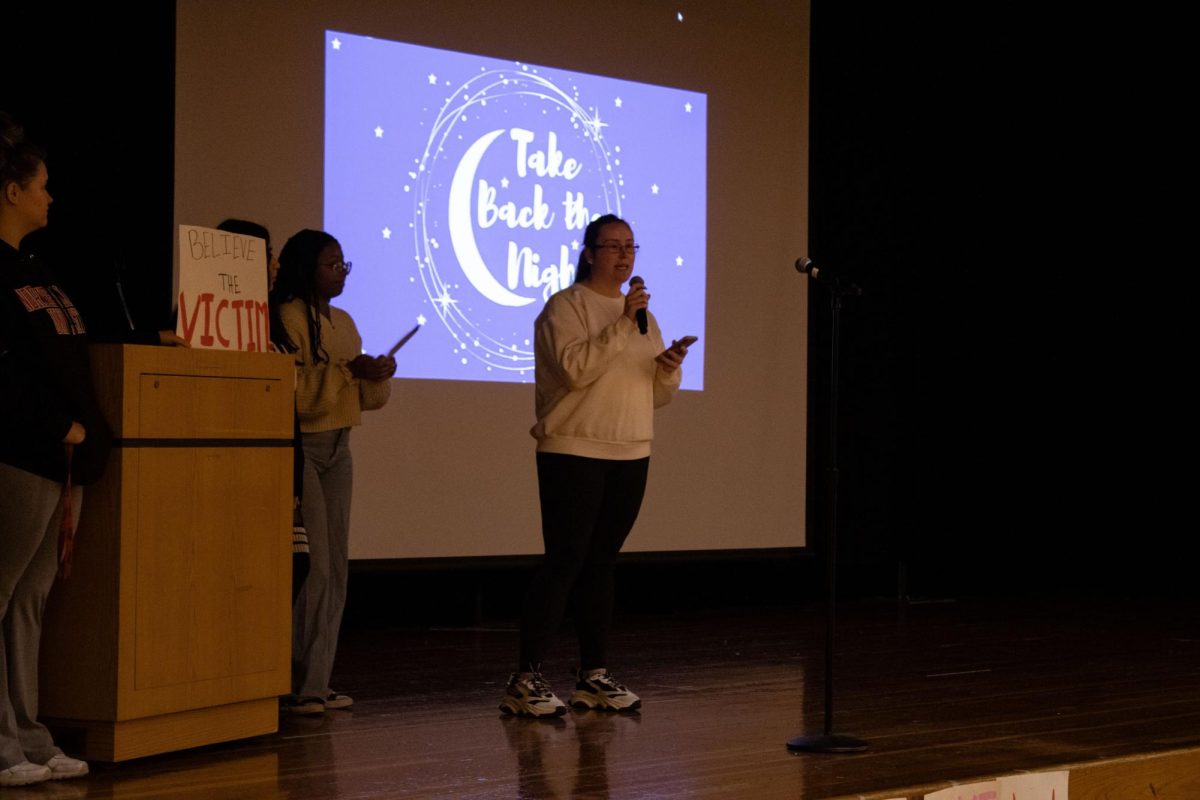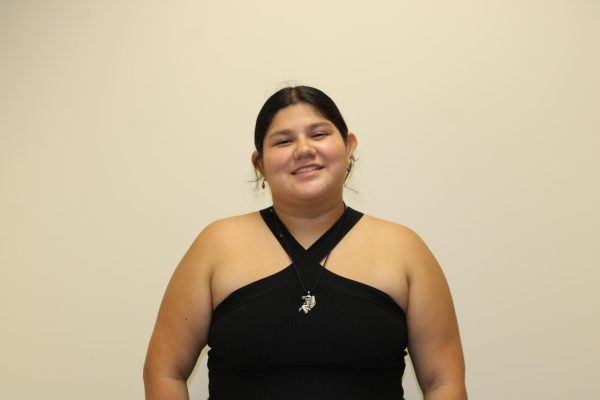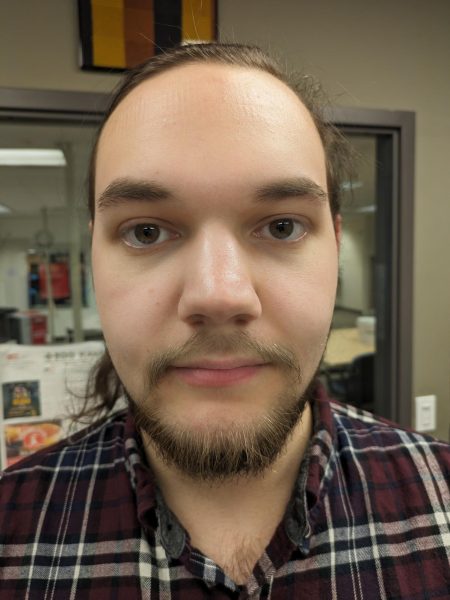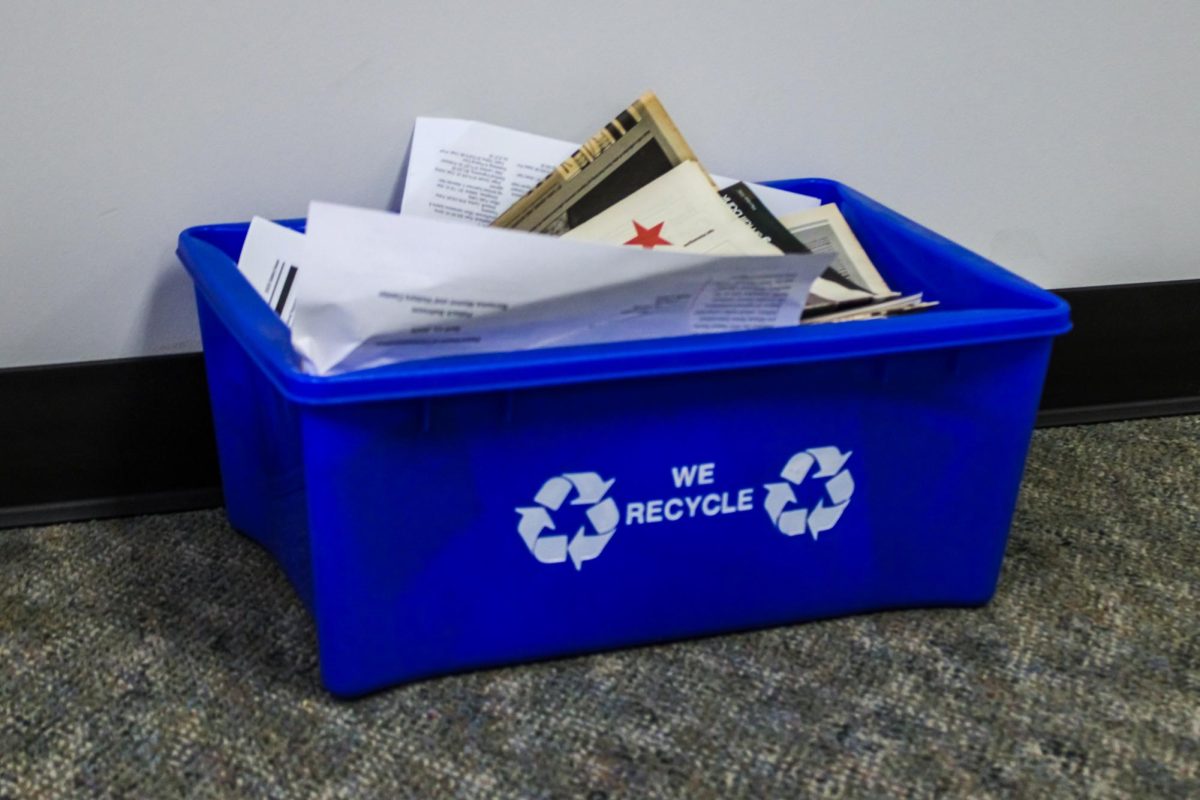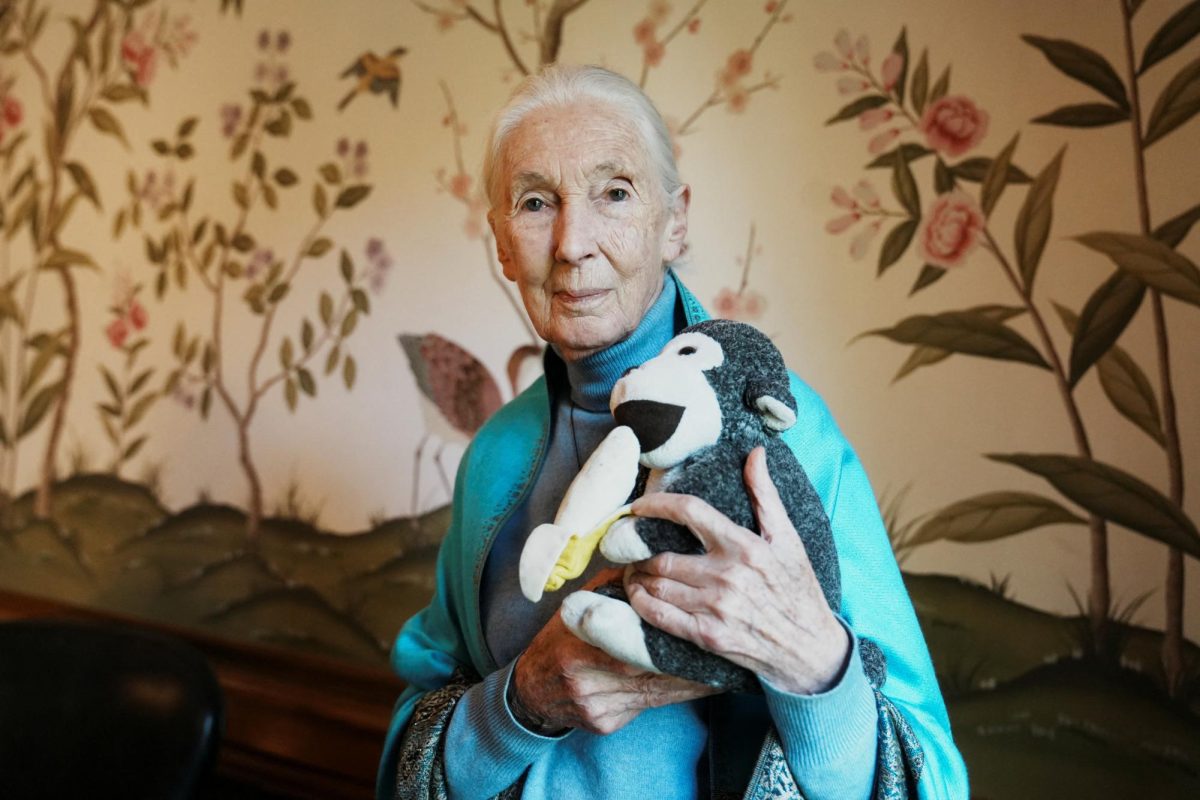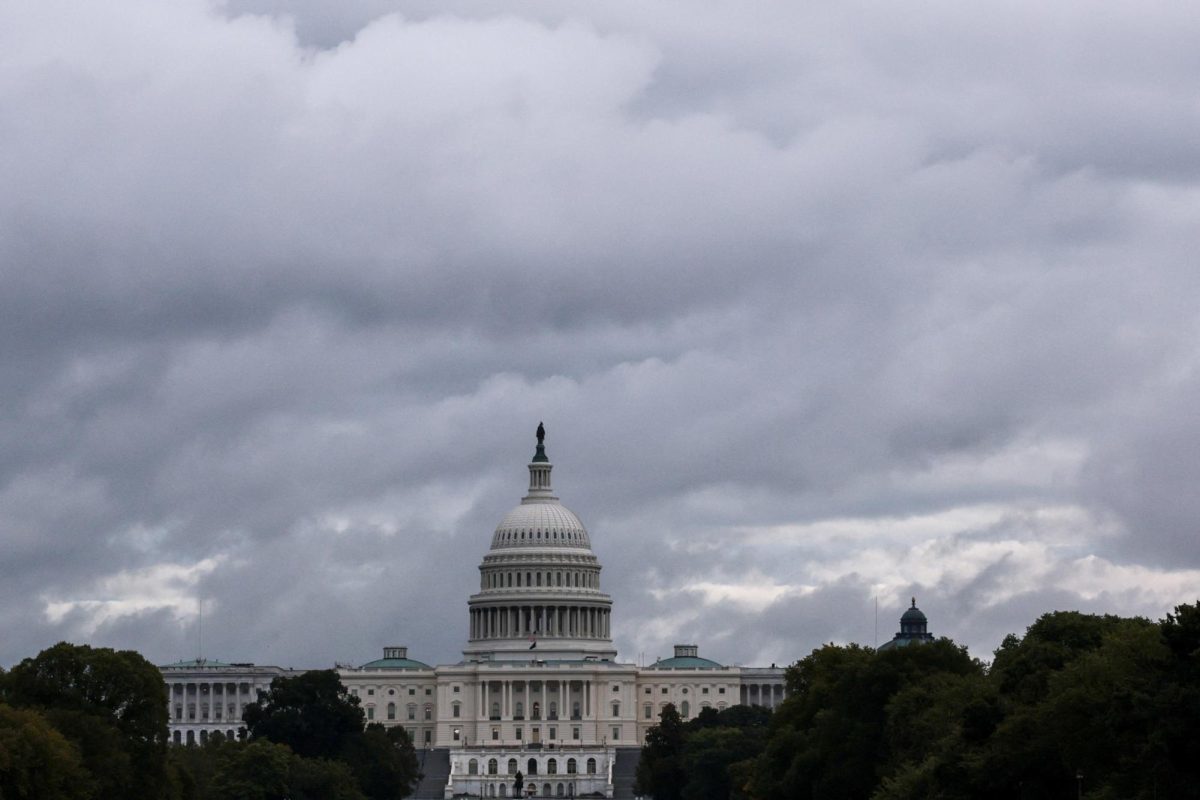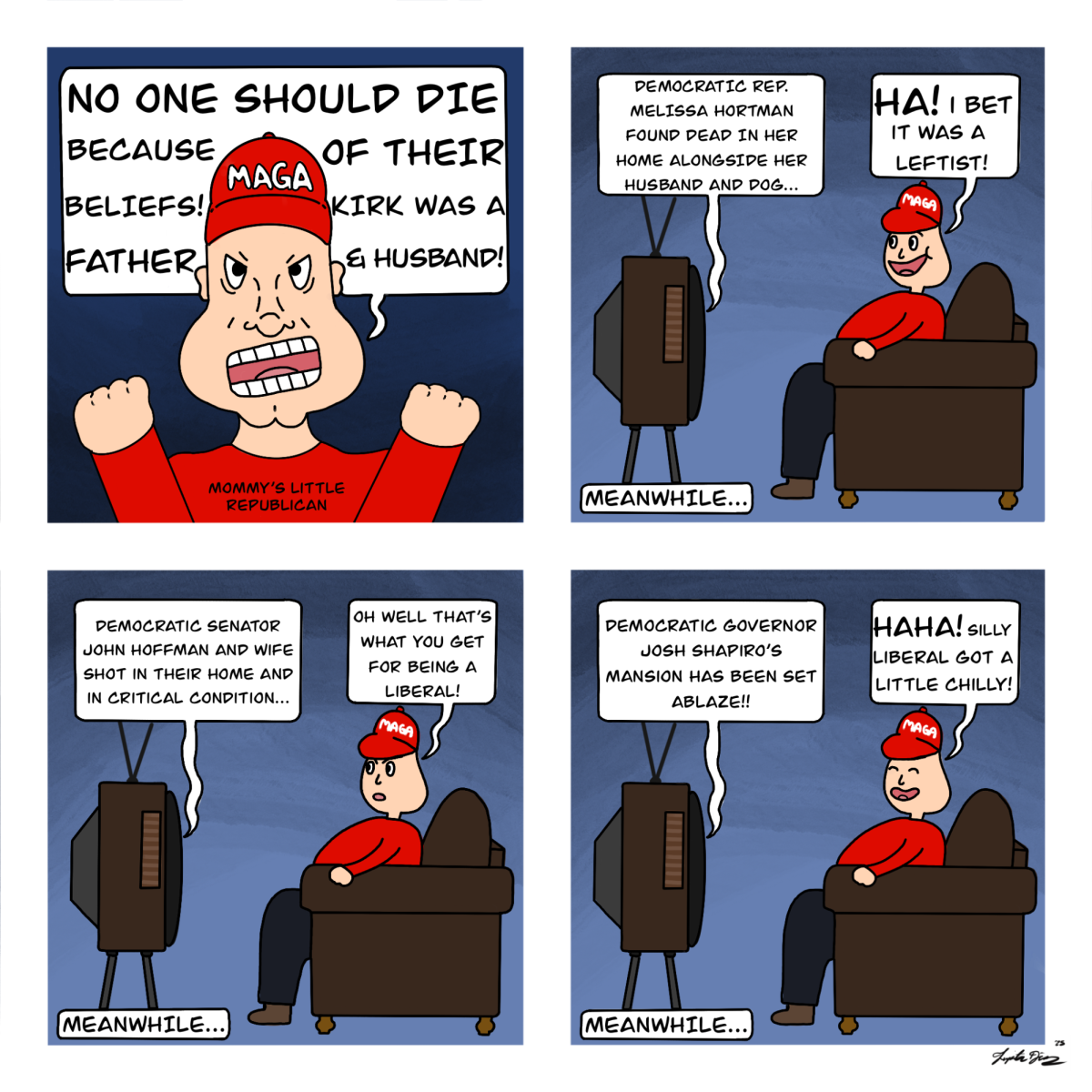Everyone can attest to the lessons we learned about safety when we were little kids. We were told to look both ways and not to take candy from strangers. But about half of the population remembers a second set of rules that shouldn’t only apply to them.
As little girls began to grow into bigger girls, we were reminded not to stay out past dark, to carry pepper spray in our pockets and to hold our keys between our fingers. Our dads, uncles and older brothers warned us of other men.
In the 1980s, women in hundreds of college campuses across North America marched against gendered violence and would unite under the moniker of Take Back the Night, after author Laura Lederer’s book of the same name.
This past Wednesday, NIU participated in an annual Take Back the Night protest, hosted by the Women and Gender Advocacy Alliance. Survivors of sexual and domestic assault spoke out about what they had experienced in order to spread awareness and understanding about sexual assault and it’s impacts on peoples lives.
The Take Back the Night event first began in England in 1877 as a woman only demonstration, to protest against the violence and fear women experienced once night fell. Since then, Take Back the Night events, rallies and protests have spread across the world and have broadened in perspective and mission.
NIU in particular brought in members of PRISM, the schools LGBTQ+ student organization, who highlighted the rates of sexual assault and violence that occur in LGBTQ+ communities.
The CDC finds that the majority of women who experienced sexual violence, regardless of their sexual orientation, reported that they were victimized by male perpetrators. But as PRISM points out, the CDC also found that 44% of lesbians and 61% of bisexual women have experienced some form of physical violence and/or stalking from an intimate partner.
It is important to acknowledge that while Take Back the Night might have started as an all women’s protest for the safety of women, today the demonstration does an important job of cementing the fact that anyone can experience this sort of violence, on the street or in the home.
No one should feel ashamed or guilty for what they have experienced, no matter their gender or sexual orientation. We deserve to feel safe to exist, during the day and at night.


